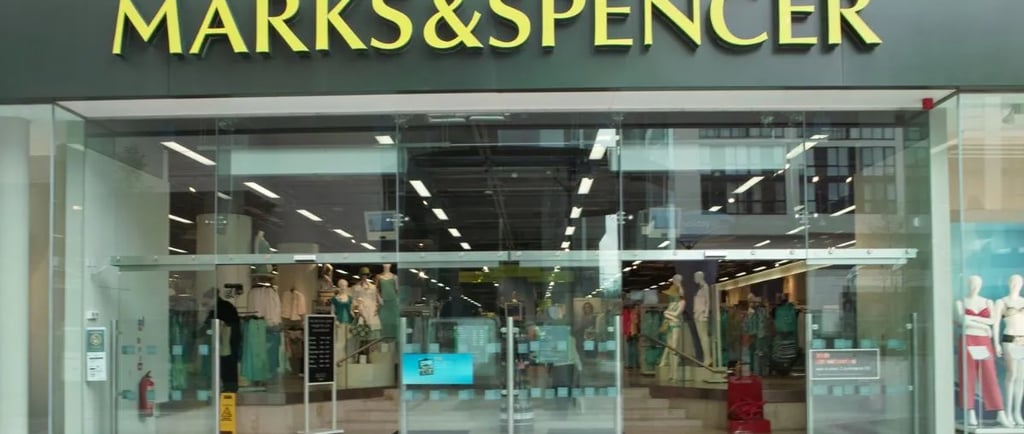Marks & Spencer Triumphs in Court on Marble Arch Store Plan
"M&S prevails in legal battle against the UK government over its denied plan to reconstruct its Marble Arch store, marking a significant win for the retailer.".
RETAIL TECHNOLOGY


Marks & Spencer has been refused by the British High Court for permission to redevelop its flagship store at Marble Arch, central London, in a landmark ruling that the government's decision to block the work was unlawful. That overruled a previous position by Secretary of State for Levelling Up, Housing and Communities, Michael Gove, who had refused to grant planning permission on heritage and environmental grounds in contravention to the local council's agreement.
M&S Triumphs
Marks & Spencer, an institution on Oxford Street—that marquee shopping boulevard of London—had sought authorization for refurbishing its Art Deco building, deep in history from 1929. However, the refusal of the government to give them permission sparked a legal war, with M&S contesting the decision in court. Stuart Machin, the CEO at M&S and a leading light in the UK business community, had described the decision in the case as "utterly pathetic."
The decision invalidated Gove's decision, as reached by Judge Nathalie Lieven at the end of legal scrutiny that concluded in a February hearing. She added that Gove had not only misconceived the UK's planning policies but also that he had woefully failed to substantiate his decision with enough reasons, considering the possible adverse effects it may bring to the West End in London.
M&S had argued that a refusal of the redevelopment could put them in a position where they would have to vacate the historic site, something that could potentially hurt the economic vitality of the area. "Sacha Berendji, M&S operations director, said the benefits of the proposed redevelopment were clear following the court's decision.
He said the project would see the one-time Lambeth Marsh, one of the most important wetland and marsh sites in Greater London, transformed into one of the capital's most ecologically advanced buildings, creating thousands of jobs and breathing new life into London's top shopping district.
Berendji further appealed to the Secretary of State to seize the moment and throw the government's weight behind sustainable development endorsement, where the gesture would send a signal to the UK's serious businesses and international firms that the government was prepared to back urban centers' rejuvenation.
For their part, the Department for Levelling Up, Housing, and Communities accepted the court's judgment and said they were considering the next steps. The legal blow for the government comes as M&S reports an encouraging 8.1% rise in sales over the Christmas period, showing strong growth in its food division and strong numbers for womenswear.
The judgment underscores not only the role of the judiciary as a watchdog of the government on how the executive is making decisions but also sets a precedent for the appraisal of urban development projects concerning heritage conservation and environmental sustainability. It reflects tensions between efforts at modernization and preservation of the historical site—a key issue in handling urban landscapes in major cities.
Moreover, the ruling stands as a resounding victory for Marks & Spencer, reiterating the company's goal to be innovative and grow with the most careful consideration toward sustainability. It sends out a broader message, too, about the importance of supporting business investments that promise to bring both economic and environmental benefits to urban areas.
All these efforts would bring coherence with broader goals of sustainable urban development. It certainly will be interesting to observe how these events further develop and the government will react to them, in what this may presage for London's architectural and commercial future."
Read about: Dole Sells Progressive Stake to Arable Capital
